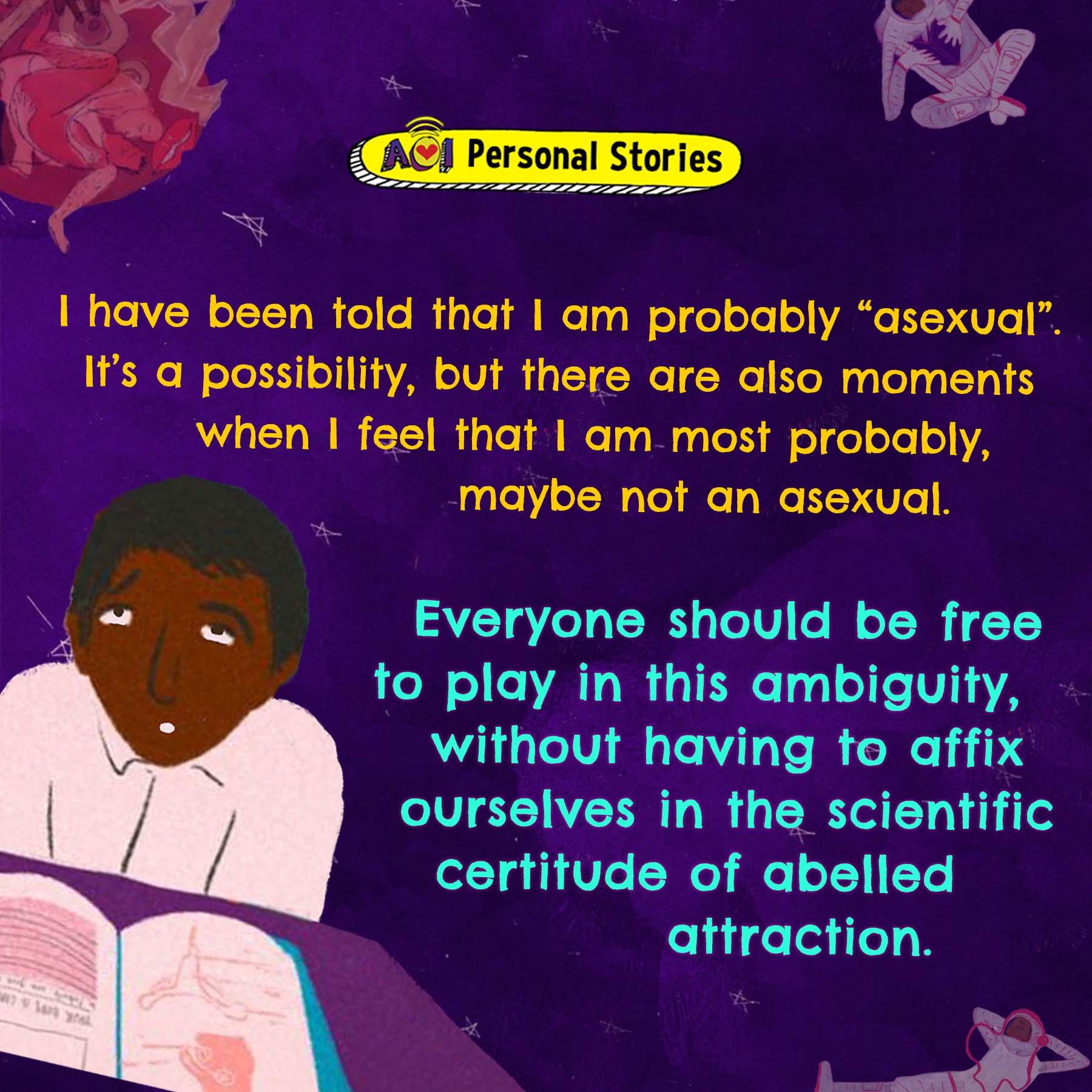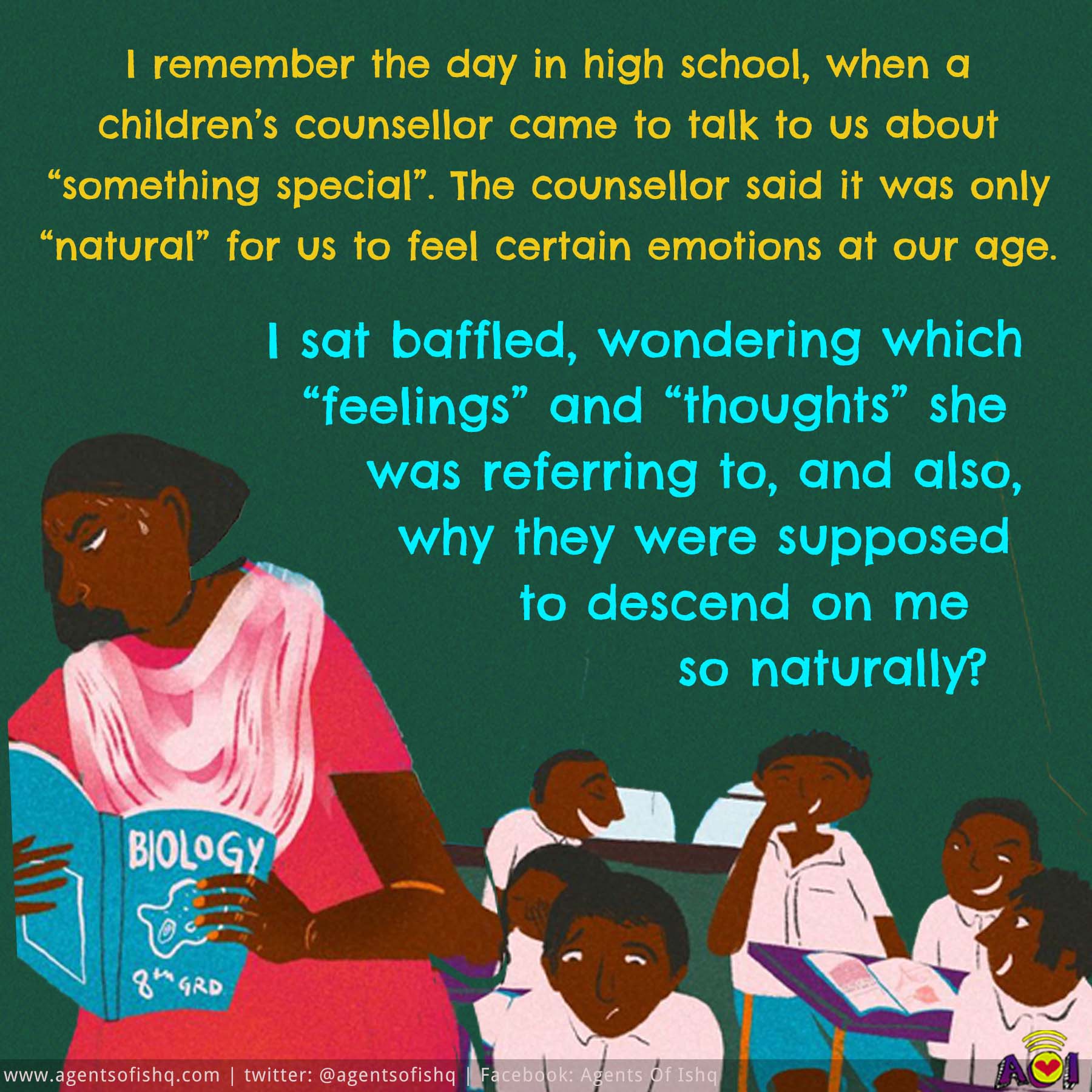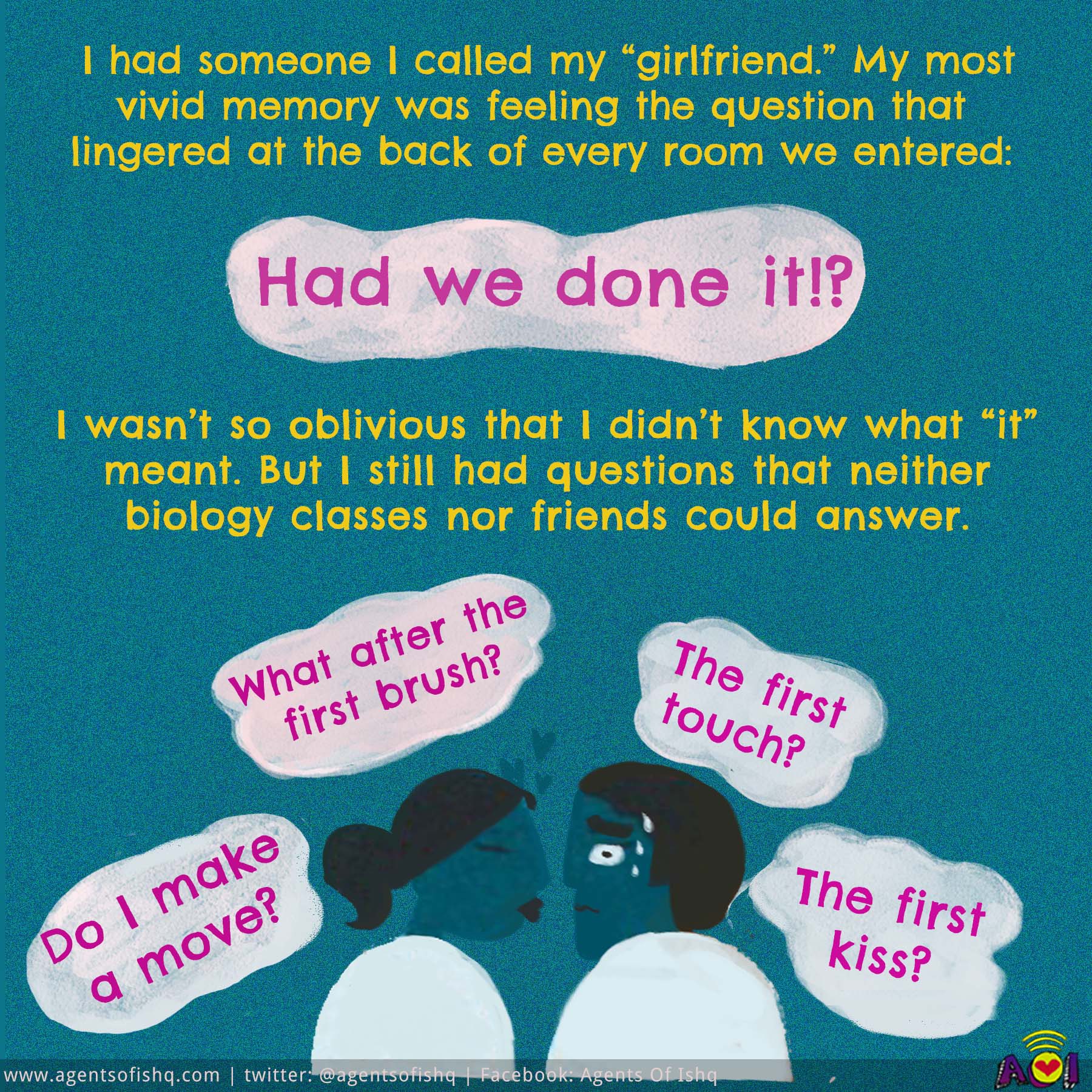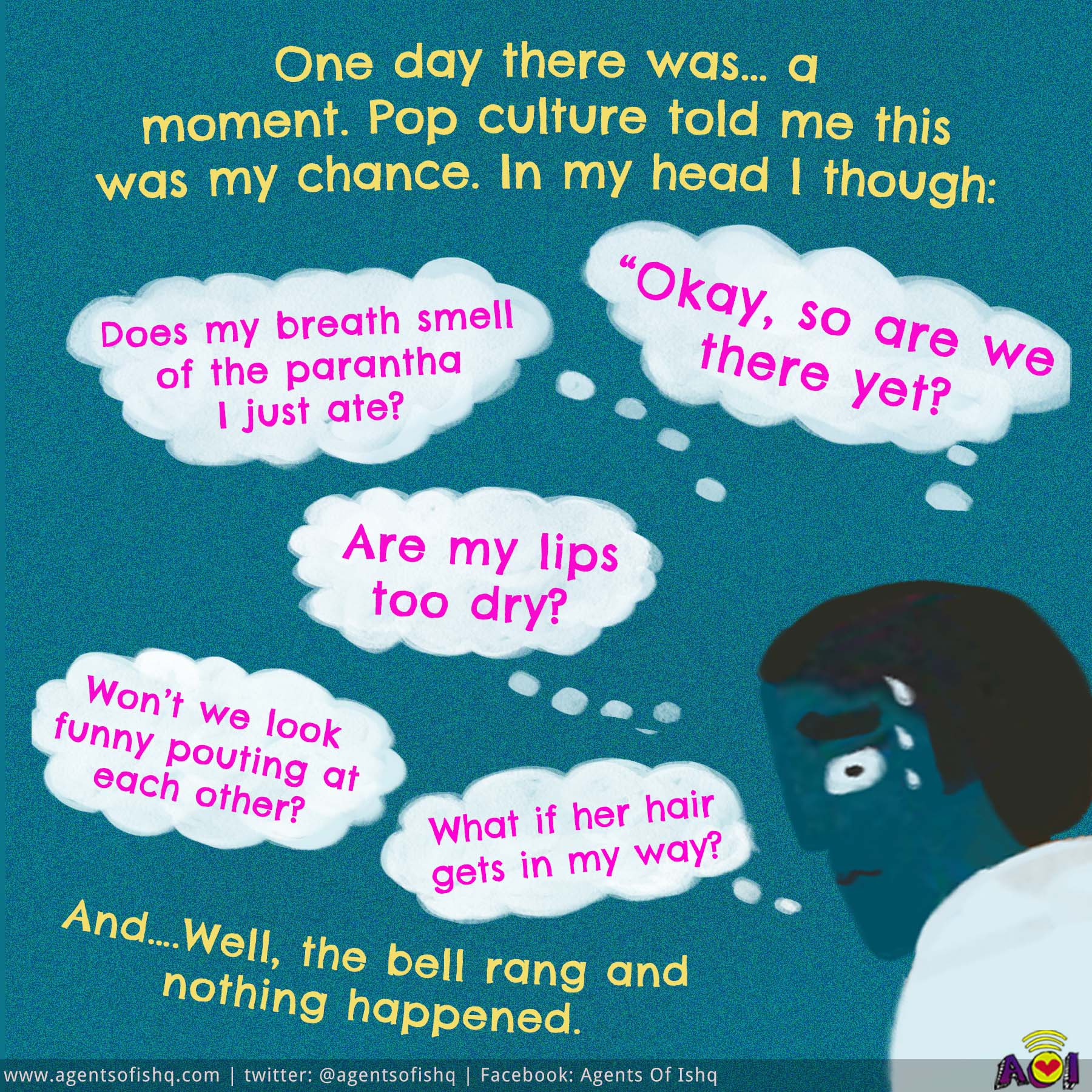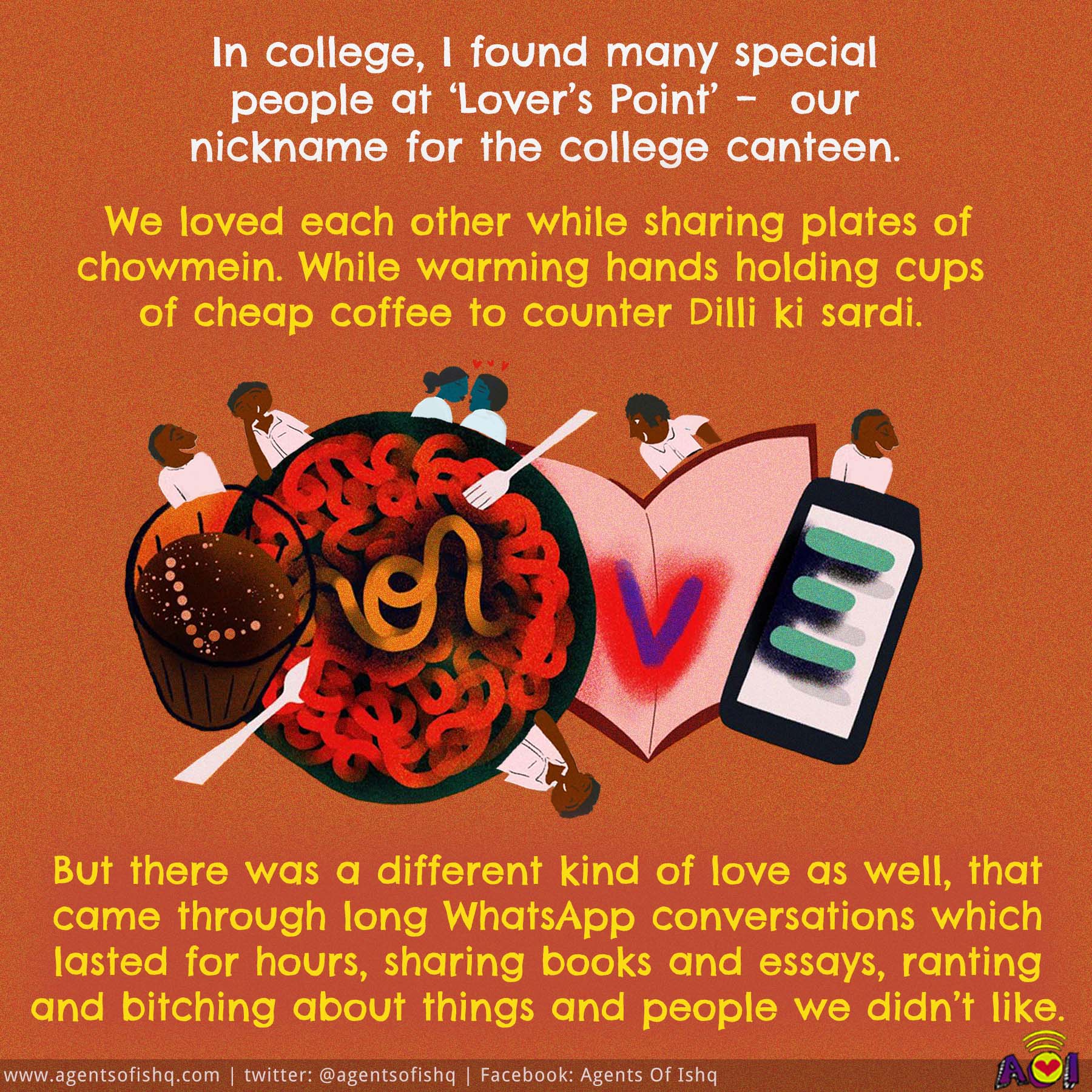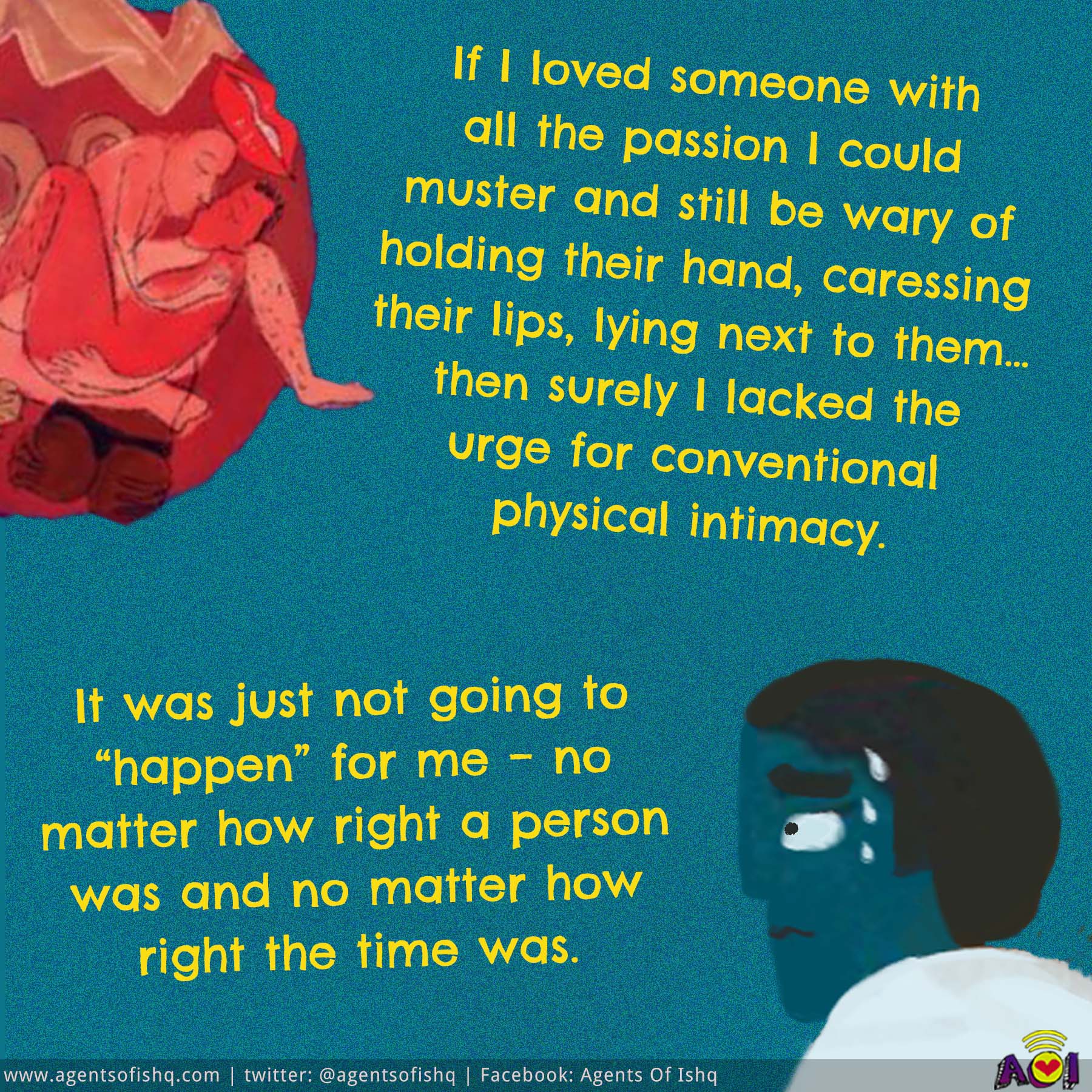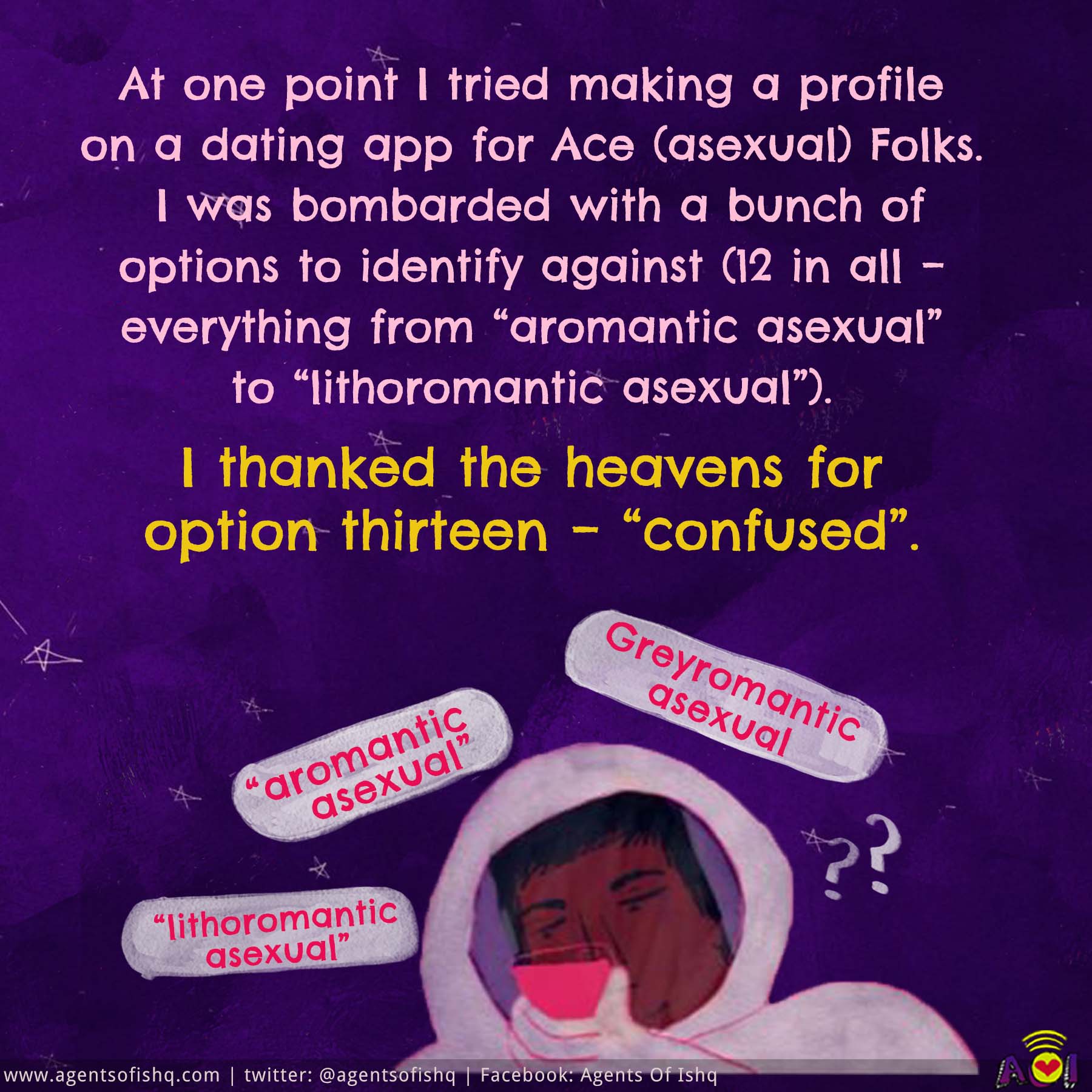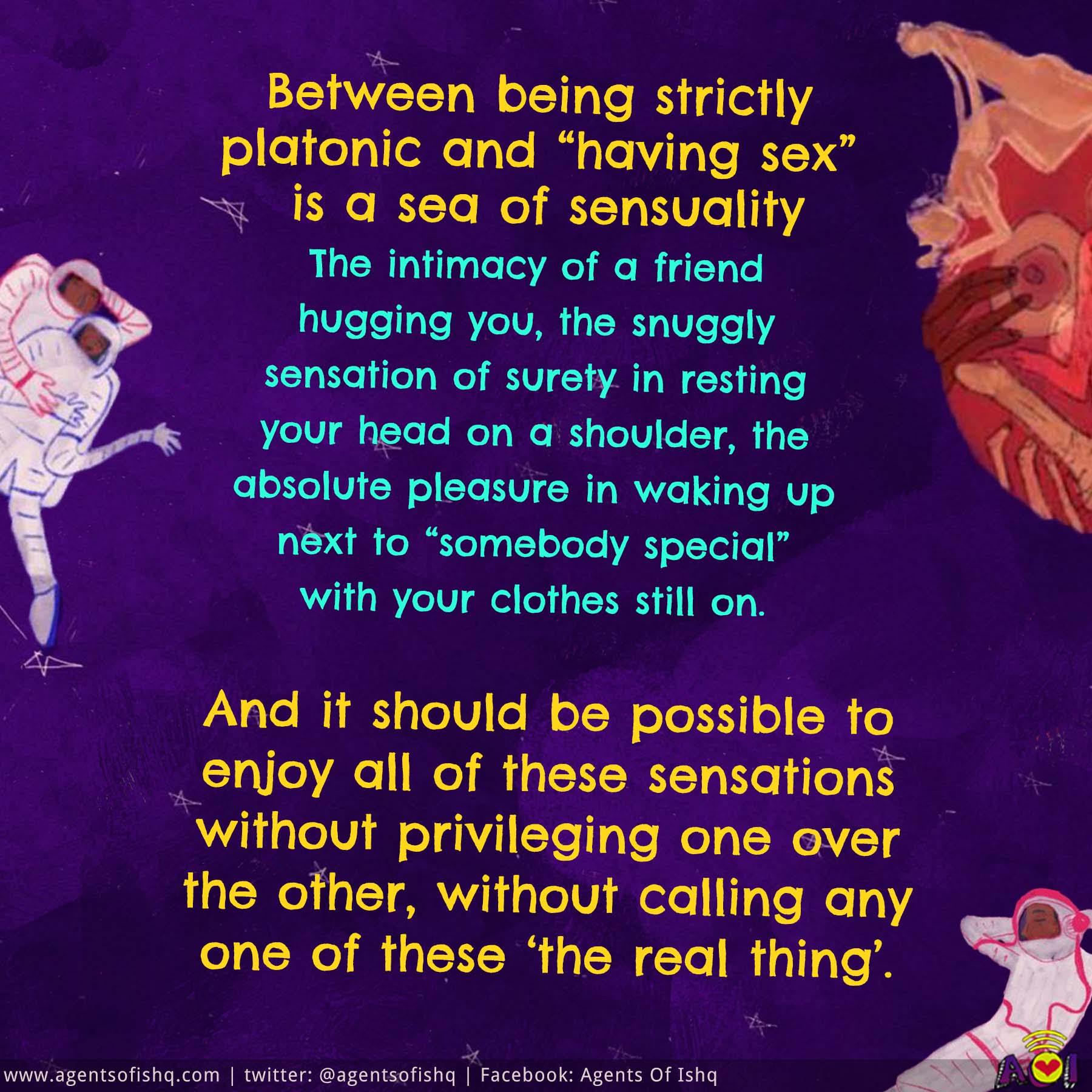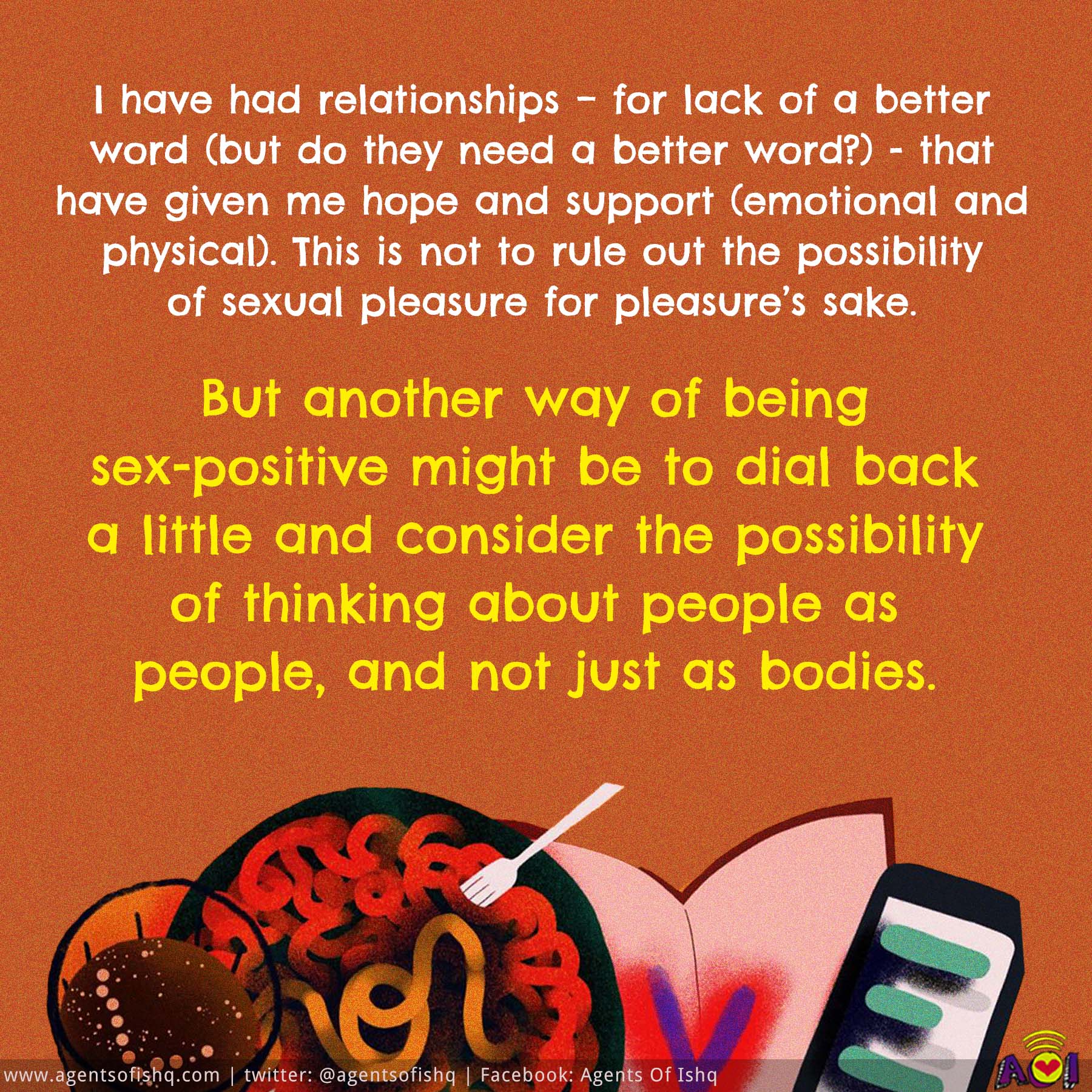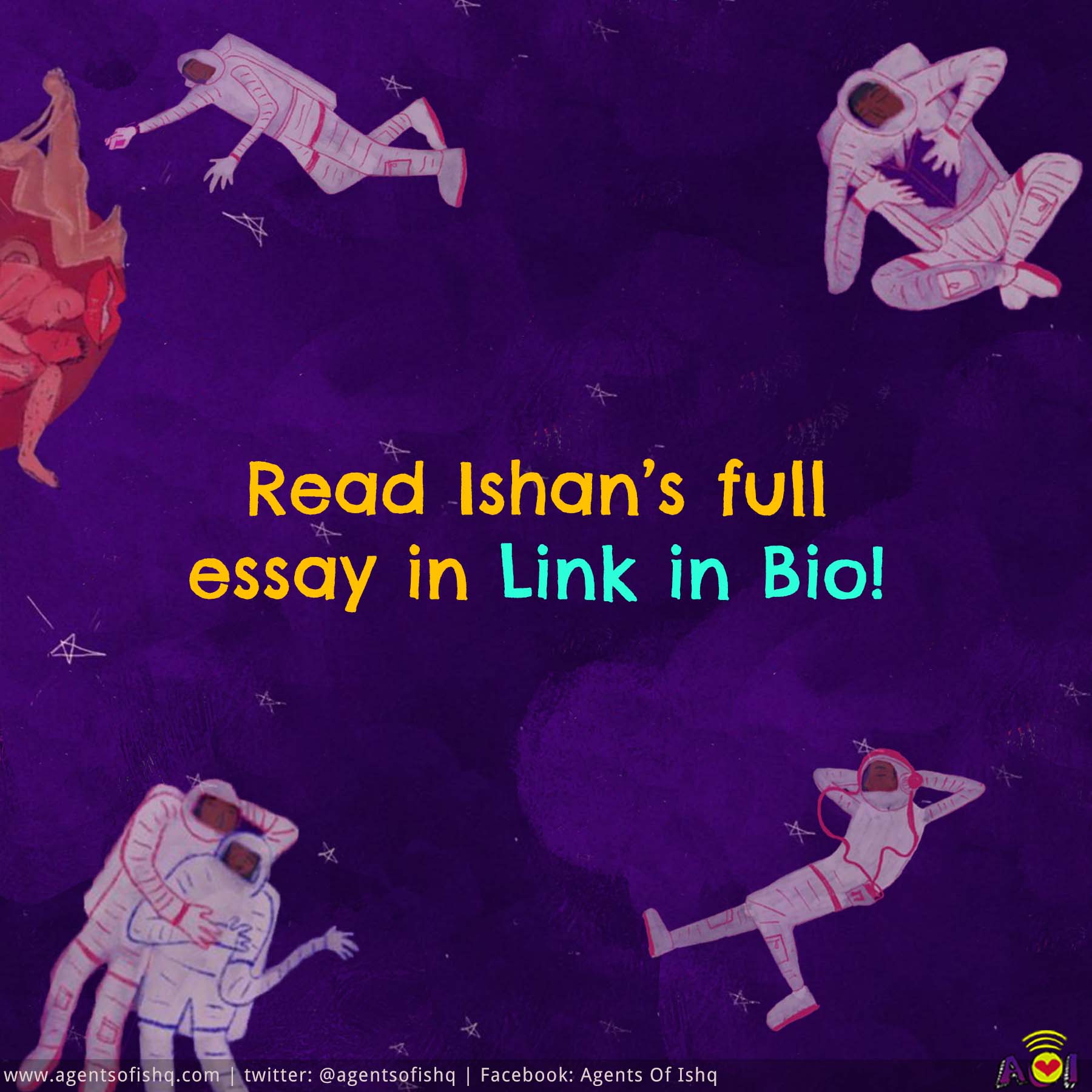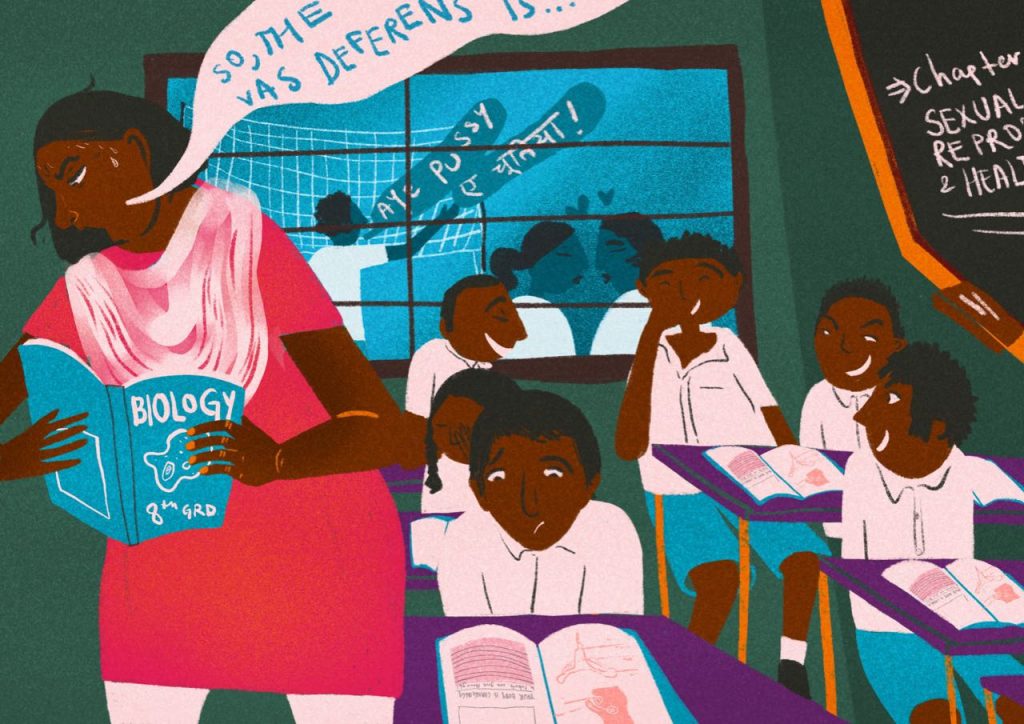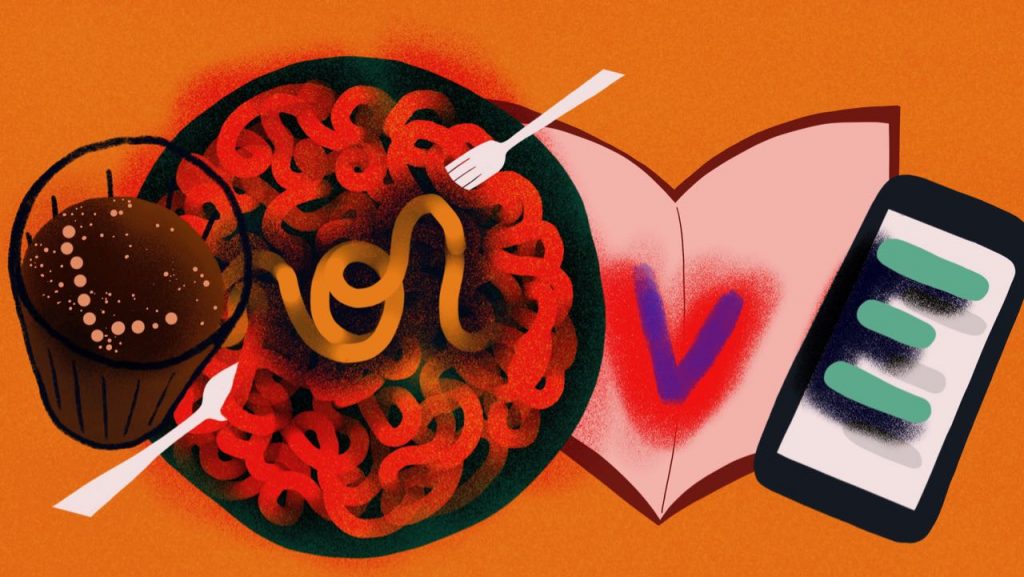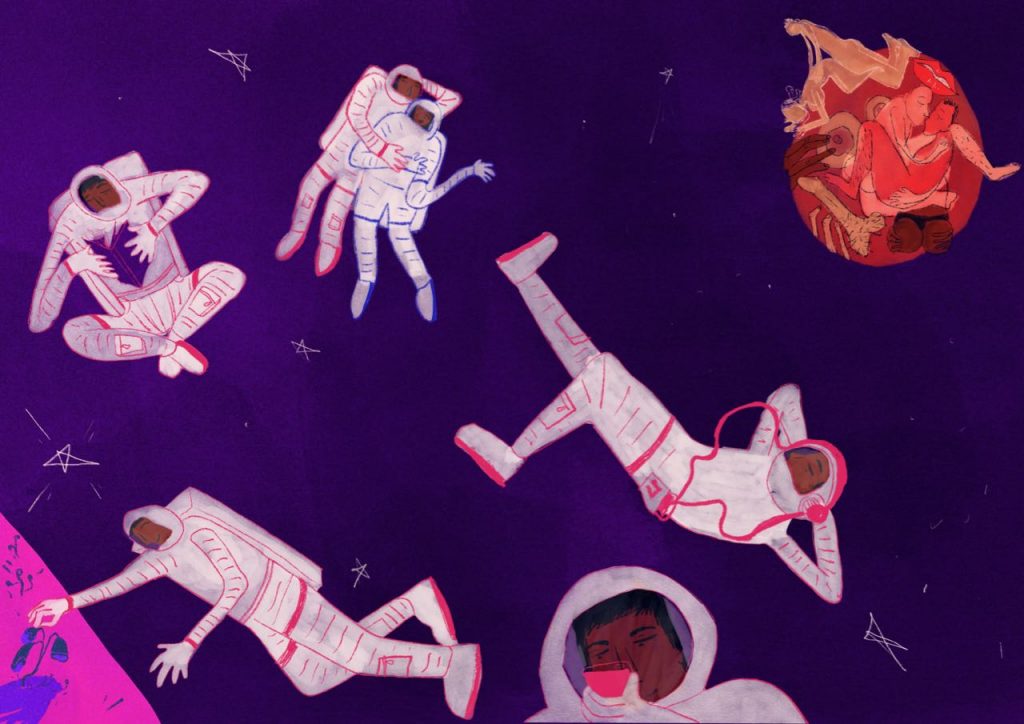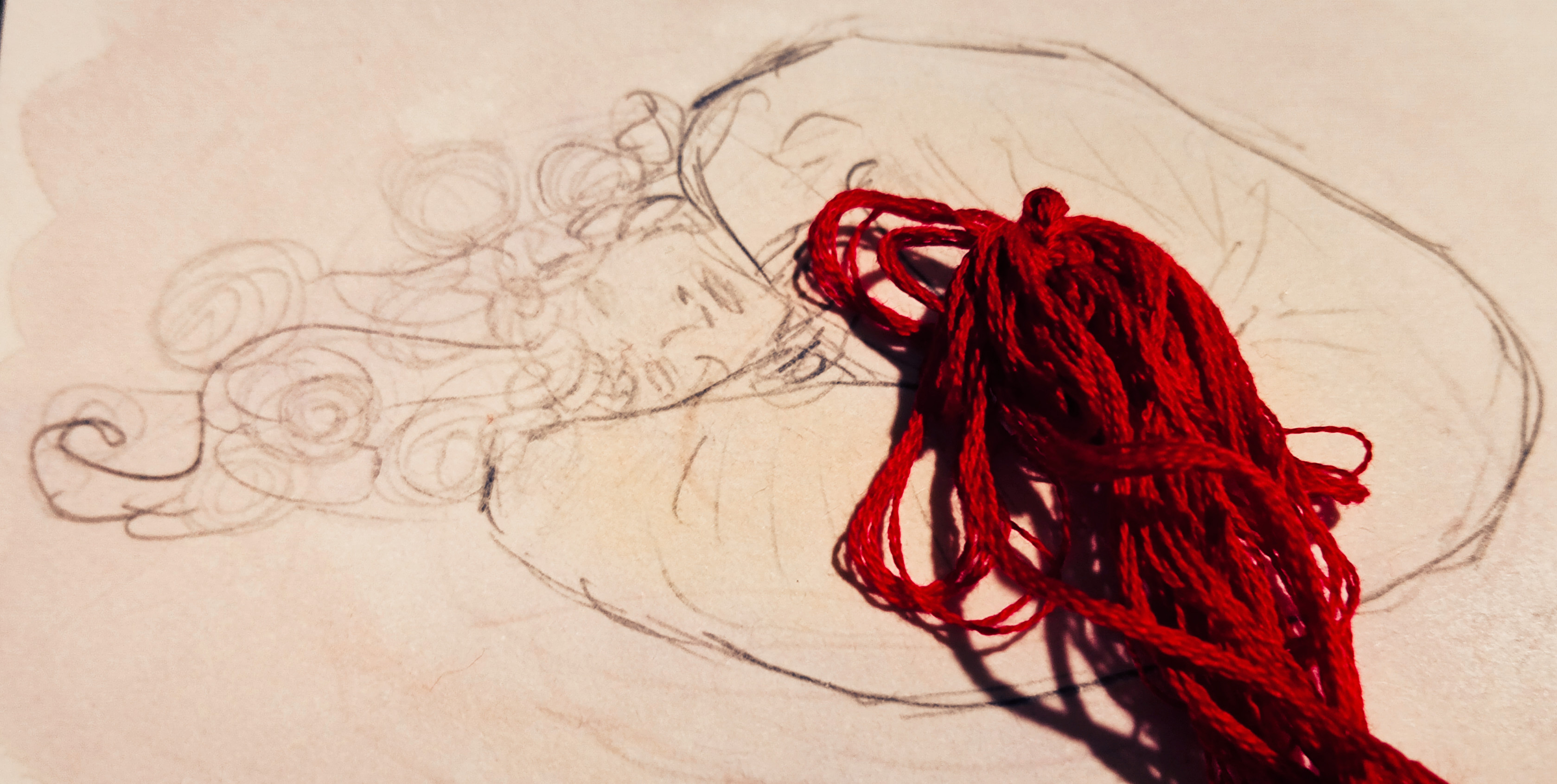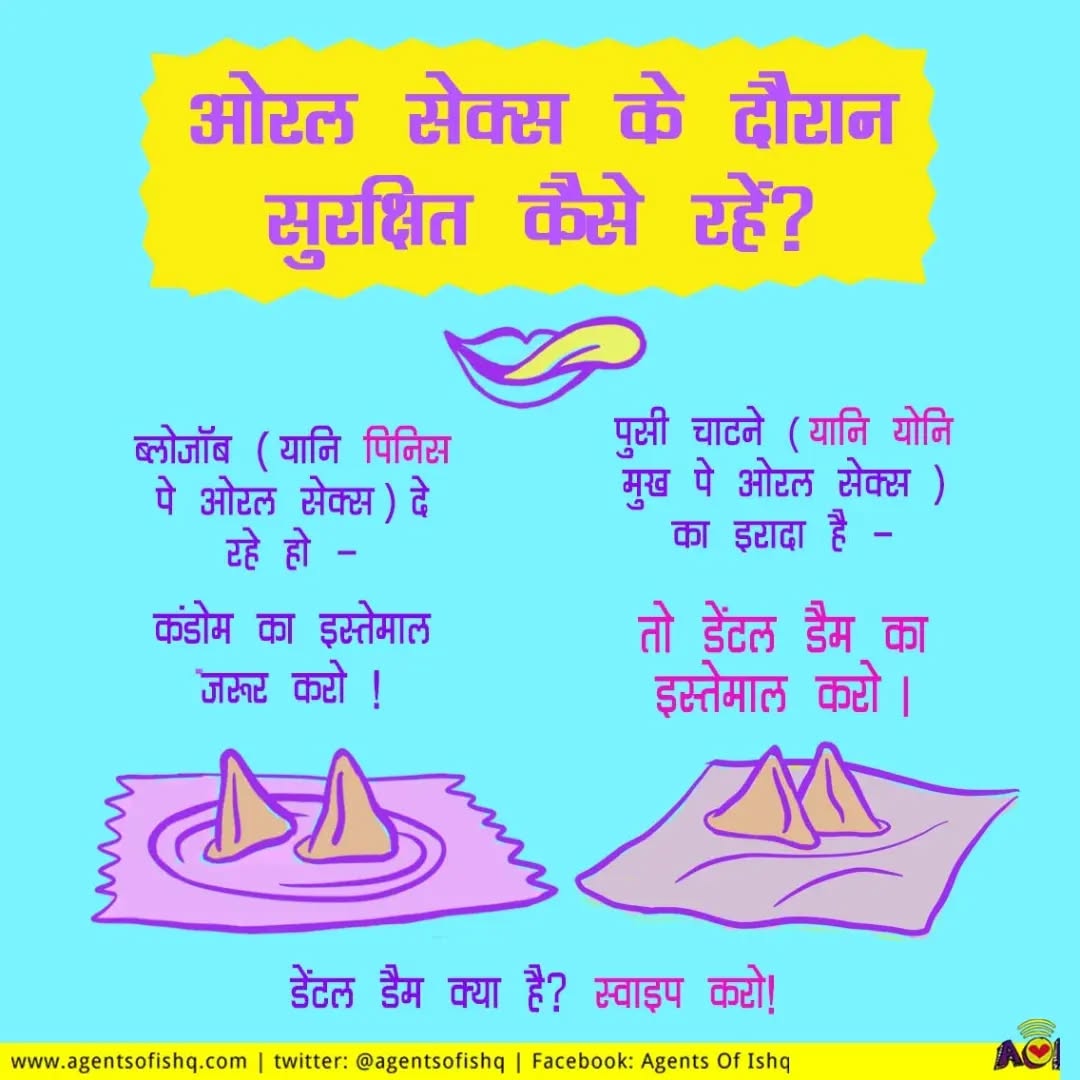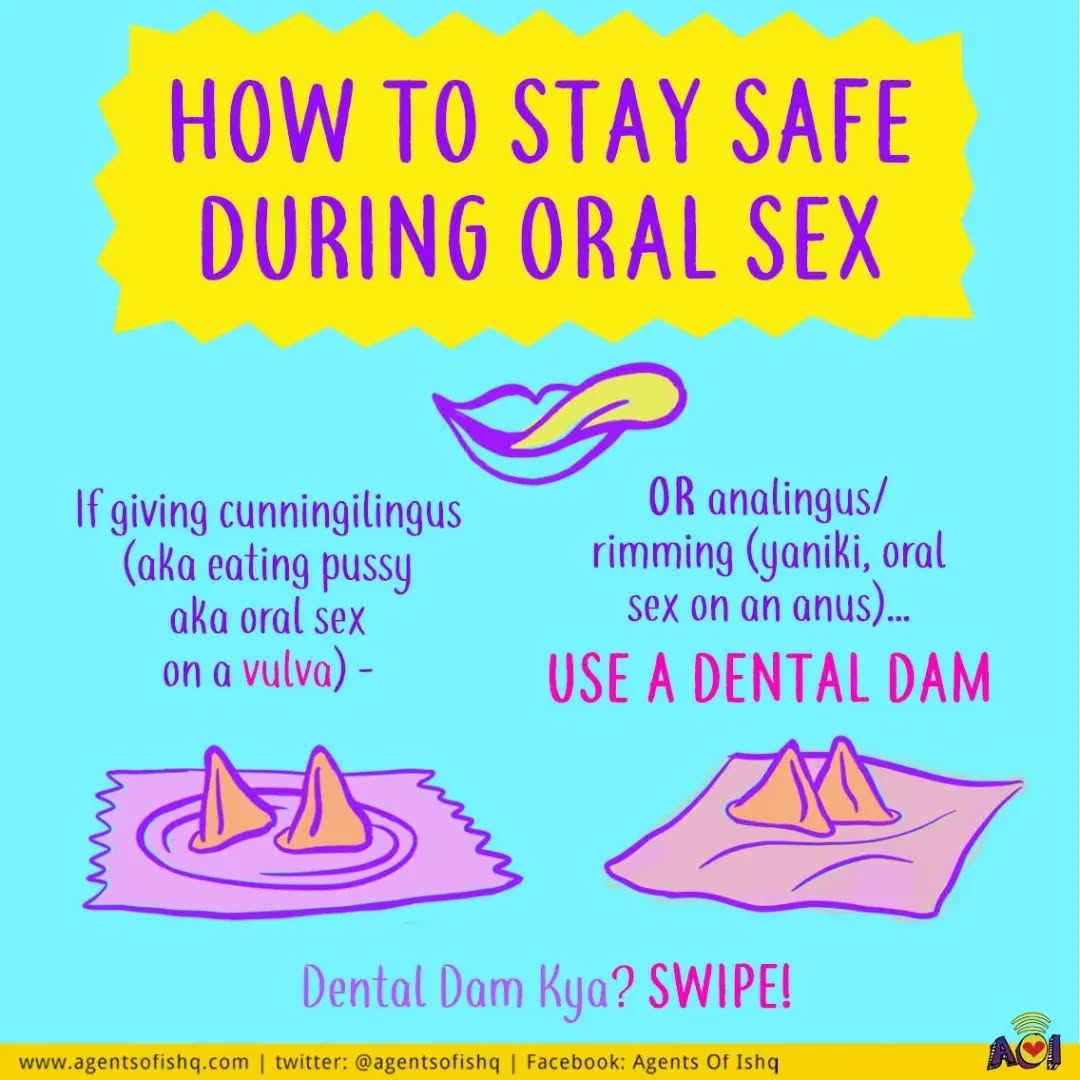Consider first, an eighth grade classroom. It was still a better school than most in India – that is, the toilets did not stink permanently, and the fee was high enough for everyone to ensure we had a teacher guarding us all the time. The class was on biology and the lesson on that woeful subject, “Sexual Reproduction and Health”. Our teacher was trying very hard to limit her frowns and keep a straight face while saying the word “sexual”.
Could you blame her, with us on the other side? I cannot remember exactly how I felt about what was going on. Mostly because all the space to feel and talk about anything seemed to have been occupied by a bunch of my classmates (primarily boys) laughing their eyes out. For the first time it seemed we had a lot of questions, and did our best to frame them in the most awkward ways possible. No wonder our teacher struggled, having imposed on herself the additional burden of omitting readily available scientific speech – words such as “penis” and “vagina”, which seemed to throw everyone into peals of laughter, making her doubly self-conscious.
To most of us it seemed a futile exercise, for we had already versed ourselves in this knowledge, albeit in a very different kind of vocabulary – through needlessly detailed slurs and abuses, which were not restricted to locker room banter, but cropped up everywhere, from the playing field to the school canteen.
I vaguely remember another attempt – this time a specialised children’s counsellor who came to talk to us about “something special”. These sessions were conducted separately for boys and girls and the counsellor had this to say: that it was only “natural” for us to feel certain emotions at our age. Predictably, my friends burst out laughing, dissecting and repeating each of these words. I on the other hand, sat baffled. I found myself increasingly incompetent at understanding exactly what “feelings”, “emotions” and “thoughts” this woman was referring to, why my friends found them so funny, but also, why they were supposed to descend on me so naturally? Perhaps it was because she was a “specialised” counsellor and hence never felt the need to clearly state exactly what was so “natural” about it. The only thing that seemed “natural” at that moment was hunger. I recall earnestly waiting for the bell to ring, so I could grab my lunch-box and get out of there.
My ‘Girlfriend’
Consider another scene, sometime in those “charged” years we spent in “high school”. I knew someone whom I called my “girlfriend” – at least all my friends wanted me to call her that even before I began to think about it. I remember conversations which lasted for hours and the things we cared about, talked about and fought about: why don’t you pick up when I call? Why can’t I bunk classes for her sake? Why can’t we make grand gestures for each other’s birthdays? But my most vivid memory was feeling the question that lingered at the back of every room we entered: “Had we done it?!”
For the longest time of course, I tried figuring out the “it”. Don’t worry, I wasn’t so oblivious even then, that I didn’t know what “it” meant – I had seen A-rated films. But, I still had many questions about the “it”. As evident, biology classes had been no help.
My friends preferred to leave such wisdom to the darker underbelly of the Internet, or responded to any genuine curiosity with graphic humour that often involved some degree of violence for either sex. And even if you had a fair idea about “it”, there were all these logistics nobody wished to talk about. Do I make a move? Do I meet her halfway? When do I know she is halfway? What after the first brush? The first touch? The first kiss? The answer I found most acceptable came from Yahoo Answers: “Relax. It’ll just happen when it has to.” (“Natural”, right?)
So one fine day, we have been hanging out as usual. There is… a moment, between the fourth and the fifth period at recess. We’re locking eyes, we’re blocking out all the commotion in the room – most importantly, we’re safe from the view of the world (primarily, any teachers who might mistakenly think that coming for class on time would be a good idea). Pop culture tells me this is my chance and I should go for it. Cue in violins and other rosy image filters, and look carefully at the soft golden sunlight falling on our brown skins.
In my head although: Okay, so are we there yet? Does my breath smell of the parantha I just ate? Do my teeth have any of that chocolate cookie we shared? Won’t we look funny pouting at each other? Are my lips too dry? Is my tongue too wet? Are my palms too sweaty? Are her palms too sweaty? What if her hair gets in my way? And… Well, the bell rang and nothing happened. Or, I like to blame the bell in my version of the story anyway. We didn’t last for too long after that.
I’m sure we had ample opportunity to do something, but we didn’t. And I’m not so sure that it was because neither of us wanted to. I just told myself that a moral police force of teachers and parents, a strictly enforced regime of time-tables and exams, of “everything else” going on in our worlds – meant I would never be in a mood to do “it” so long as High School lasted. I was, as it turns out, wrong. Not about my chances of doing something in high school. Instead I think I was lying to myself about what hindered me from doing the things I thought I was ‘meant’ to do.
A Different Kind of Love
Consider now, the college campus. For a person who was anxious enough to be rid of the anxiety of making love, I sure enough ended up in the most ironic situation possible – our hub for bunking classes, the college canteen, was colloquially called “LP”, an acronym which stood for “Lover’s Point”. No pressure. I would keep assuring myself that it will come when it has to. It will come to me when I am with “someone special”, when we’re both in the right headspace and on the same page. We would just “know” what to do.
And I guess I did find many special people in my life at the “LP”.
We loved each other while sharing plates of chowmein. While warming hands holding cups of cheap coffee to counter the chill of the much romanticised Dilli ki sardi. While being there for one another through thick and thin, amounting to friendship goals, as much as Jai and Veeru do from Sholay. But I like to believe there was a different kind of love as well. One I expressed to someone while the sun set on Connaught Place, and we sat next to a Subway on the same block as one of my favourite bookstores. This love built on a spark was slow to brew – it came through WhatsApp conversations which lasted for hours, sharing books and essays, ranting and bitching about things and people we didn’t like, appreciating poetry and paintings alike.
It was a chronicle that came into being text by text, mixed with hurt and lots of speculation. It was a relationship slow to mouth itself in the terms demanded by that precious four letter word – for again, I knew what else lingered in the air. What was it to love someone if you did not wish to touch them or hold them sexually? If I were to call it “love” anyway, would it be fair to keep them waiting for me to cross that last lap?
There were neither clear answers to these questions around me – nor any precedents to show the way. I wondered (still do) if this was not indeed a necessary experience? How would I know otherwise that the longing to “be” with someone sexually is not intrinsic in me? If I loved someone with all the passion I could muster, all the care I did (and did not) put in, and could still be wary of holding their hand, caressing their lips, lying next to them… then surely I lacked the urge for physical intimacy in a very conventional sense. Surely, it was just not going to “happen” for me – no matter how right a person was and no matter how right the time was. And the most honest way I could have confronted this was to speak about it with this person.
This person, who had known me at my worst and my best; who for over a year, had inspired me and sought comfort in me, was the only person I could honestly rely on. But even then our words fumbled when we broached the subject. Even then we struggled to look the other in the eye, to talk about our sexual (dis)comforts openly. It did not seem right, whether sharing burgers or walking through a university campus, to seek out a candid conversation on what bothered both of us. We had been trained to think that talking aloud about such things, to converse about our sexual pleasures and discomforts with each other was not appropriate – and largely, we stuck to the script. Mumbling a few words here and there, and not looking each other in the eye. It fell apart eventually. Like all love, ours was an asymmetry, but not one that we could easily fit into. I felt lonely. I felt that I needed to pine after her company and our texts – as if attacked by a Shakespearean flu, I wrote verse after verse describing what we couldn’t be. Time and again, I reminded myself that it was okay. It was better not staying together, and looking for mutuality elsewhere, rather than staying together all the time and evading conversations regularly.
Asexual?
I have been told that I am probably an “asexual”. At one point I tried making a profile on a dating app for “Ace Folks” and was bombarded with a bunch of options to identify against (twelve in all – everything from “aromantic asexual” to “lithoromantic asexual”). I thanked heavens for option thirteen – “confused” – and moved on.
But there are moments when I feel that I am most probably, maybe not an asexual – and everyone should be free to play in this ambiguity, without having to affix ourselves in the scientific certitude of labelled attraction. “Love is love is love”: the chant many of my well-meaning left-liberal (even liberal) acquaintances have thrown my way. I am sorry to disappoint them, but love is almost never held at the same plane of passionate significance in our lives. They also say you just “know” what you’re attracted or not attracted to, much the same way straight and gay folk know what they find sexually appealing. It is a seemingly sound and a politically correct argument to make, one which allows for an apt rebuttal every time “straight” folk suggest: “But how can you know, if you don’t try?” In this procession of certainty, it might make us all a bit uneasy to accept the ambiguity of my sexual half-existence.
I suppose between being strictly platonic and “having sex” is a sea of sensuality – the intimacy of a friend hugging you, the snuggly sensation of surety in resting your head on a shoulder, the absolute pleasure in waking up next to “somebody special” with your clothes still on – and it should be possible to enjoy all of these sensations without privileging one over the other, without calling any one of these ‘the real thing’. I think it is this possibility of a non-hierarchy that can make loving truly radical.
A friend once hugged me unexpectedly, leaving behind a lingering memory that made me grin foolishly at multiple points in the coming weeks. Another time, the same person left me a text – replying to something I had sent months ago – making me gush uncontrollably in the middle of work. At some point I think, I even fantasised about us kissing each other in a silly daydream. It felt like all the irrationality of a Bollywood romance would plague me for days. But it stopped sooner than that. At some point I was quite comfortable letting it all go, perhaps to revisit the prospect again someday… who knows? I could be love-sick, I realised. But I could also heal myself more easily from a madness that wasn’t as all-consuming as folks made it out to be. More importantly, I think, this knowledge wasn’t naturally there for me to grab, but came as a mixed surprise.
Love it seemed, could be a fond memory, almost as delightful as eating a donut, and pass me by just as quickly. It could also be a poetic tragedy – sometimes maybe, to be forgotten completely.
Strings attached
Why these events stick out in my memory is not necessarily because I know better now, or want to go back and course correct. But rather, because while my lack of enthusiasm for sex has persisted, I am also aghast at our immaturity in talking about sexual desire.
My closest friends are often baffled at my surplus desire to comment on sex, love and all that jazz, given my non-existent ‘dating’ life. I can only scoff because, firstly, it would be very un-Indian of me not to comment on other people’s business and look at my own, and secondly, as oppositional as it may sound, it will only be in a truly sex-positive environment that I can speak openly about my lack of interest in the sexual. It will only be once the uneasiness is out that I can easily talk about what makes me uneasy. This holds true for all of us, from victims of harassment, to ones who proudly claim the “asexual” badge.
It would help a great deal if we can find a way, as a society, to bring in a sexual revolution that normalises talking about boundaries and desires, and possibly move on. And yes, I do want to move on, for there is a lot left in love to explore other than the sexual. I have had – relationships – for lack of a better word (but do they need a better word?), that have given me hope and support (emotional and physical); men and women who have uplifted me from zones of terror-stricken anxiety to feeling at ease with myself and my body.
At some moments, we have a tendency to be more intense with each other, to act like jealous lovers and spurned partners. At other moments I have been able to pull back and given them space to be with whom they want. Or taken some space for myself, without worrying too much about how the other person might feel hurt or dejected. But we could stand to be careful though, in not letting the pendulum swing over too much. Sometimes, the only ways in which the sexual is dealt with, within rigidly masculine circles, is through the grotesque: where the only way to deal with rejection is to lash out; and the only means to seek any intimate connection is to be purely physical.
Increasingly, it seems that being “cool” about sex means replicating such tendencies: jumping from body to body, not being curious at all, but acting so chill that you eliminate completely the will to pause and think – making it more a kind of violence than an act of hedonism. It’s almost funny how, in such cases, the only way to be sex-positive is to dial back a little, and consider the possibility of thinking about people as people, and not just as bodies.
This is not to rule out the possibility of sexual pleasure for pleasure’s sake, but rather to say that “meaningless” hook-ups and romantic encounters are not necessarily binary opposites. Between the two, pleasure may be discovered in many different ways of being with one another. It might, for instance, exist in knowing someone intimately, without ever having to sexually embrace them – finding pleasure that does not shape into any physical form or expression.
In a world where we’re increasingly told that to be radical you have to be okay with embracing the physical with no strings attached, we might be even more radical in straying a bit from the sexual. It might be radical, for instance, to cuddle and just that – to not cut all strings, but to look for other types of strings to attach.
While for some of us, straying from the sexual is not exactly an “option”, but rather a comfortable way of existence, for others it might prove an opportunity to think/fantasise more ethically and caringly about the ways in which we exercise our sexuality.
Ishan is 22 and currently works at the Centre for Studies in Gender and Sexuality, Ashoka University.


